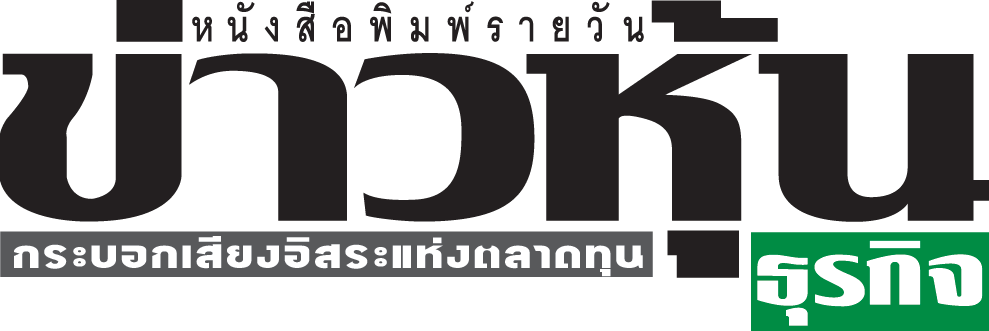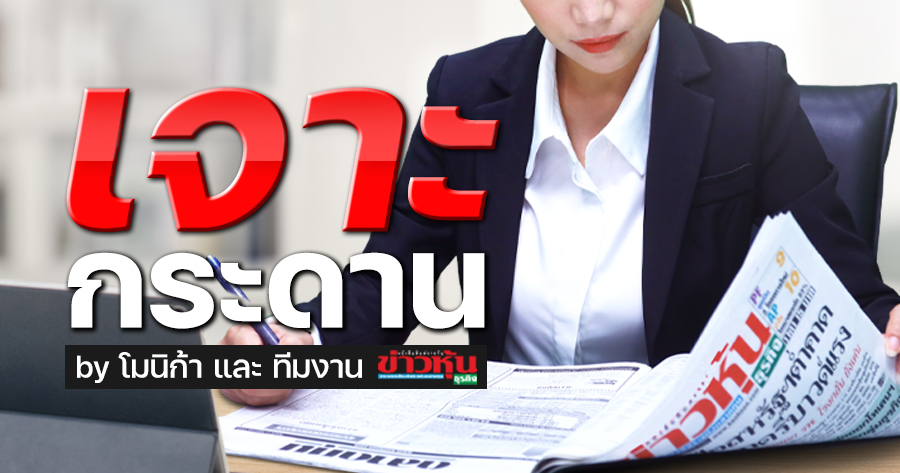
Analyst Raises MTC-SAWAD-SINGER to “Overweight” as Continued Boost of Earnings in 4Q20
Analyst Raises MTC-SAWAD-SINGER to “Overweight” as Continued Boost of Earnings in 4Q20
Analysts recommended 4 non-bank stocks such as MTC, KTC, AEONTS and SINGER in response to the continued improvement of earnings in 4Q20 and 2021 from higher loan volume, credit card spending growth recovery, and lower provisioning expense, seeing an upside earnings in AEONTS and KTC after reversed loan loss reserve to income.
KGI (Thailand) Securities (KGI) upgraded the Non-bank sector rating to “Overweight” following the Corporate Day seminar for institutional investors. The 4 non-bank shares including Muangthai Capital Public Company Limited (MTC), Krungthai Card Public Company Limited (KTC), Aeon Thana Sinsap (Thailand) Public Company Limited (AEONTS), and Singer Thailand Public Company Limited (SINGER) have participated the said seminar.
KGI was positive toward the 4 non-bank companies as indicated earnings could show continued improvement in 4Q20 and 2021 from higher loan volume, credit card spending growth recovery, and lower provisioning expense, expecting cost to decrease by 0.5% from refinancing high cost debentures at cheaper costs. Meanwhile, proven lower credit loss data will provide earnings upside for AEONTS and KTC for reverse loan loss reserve as income.
All 4 non-banks who operate secured and unsecured consumer loans guided for the same trend in asset quality showing further improvement QTD and a better asset quality situation than in 2019 (AEONTS and KTC). Huge provisioning expenses in 9M20 and proven recovery indicate provisioning expense in 9M20 was too excessive and would be revised down.
Furthermore, BoT’s relaxing criteria in upgrading troubled loans into performing loans when they continue payments for three months (vs. 12 months in the previous accounting practice) will imply a potential reversal in loan loss reserves going forward.
Statically, performing loans (stage 1) need loan loss reserves of around 1%, stage 2 need 8% (net collateral), and stage 3 (NPL) need 100% (net collateral). When either TDR or NPL are upgraded to performing loans, loan loss reserve will reverse back as income or overlay loan loss reserve, which then causes NPL coverage to overshoot.
Due to TFRS9 and fear about NPL/credit loss during COVID-19, AEONTS provided provisioning expenses of Bt4bn in 1H20, boosting its LLR/loan to 13.5% (2x over KTC). KTC provided provisioning expenses of Bt5bn in 9M20. With the proven credit loss data and asset quality better than in 2019, they should reverse back more loss reserve as income than peers.
The partnership JV between Government Savings Bank (GSB) and SAWAD to operate title loans would not hurt big players in the industry, but trigger industry consolidation. MTC’s management guided that the market size for title loans is very big with a wide range of lending rates charged and a lot of players nationwide.
Most players are focusing on big ticket sized items such as car/truck and agricultural equipment, while players in motorcycle title loans are fragmented as the ticket size is small. In this segment, MTC is the main player with a motorcycle title loan portfolio of around Bt30bn (around 45-50% of its total loan portfolio). If competition intensifies, small players who are unable to access funds will be in a tougher position and there would be consolidation.
SINGER is gaining momentum in title loan growth, while KTC and AEONTS are seeing better asset quality, which enables them to grow revenue on bad debt recovery, lower provisioning expense, and recovery in card spending.
Meanwhile, MTC may not see much pressure from competition if there is industry consolidation and should see solid loan growth. KGI maintains a rating of Outperform on MTC, SAWAD, and SINGER, while the rating for KTC remains under review. MTC and SINGER have been given a target price of ฿59.00/share and ฿17.00/share respectively.


